The Prime Minister connected online with commune leaders in Nghe An to listen to proposed solutions for developing ethnic minority and mountainous areas.
On the morning of August 13, at the National Conference to review the National Target Program on Socio-Economic Development for Ethnic Minority and Mountainous Areas, from the Government bridge, Prime Minister Pham Minh Chinh connected online with the leaders of Nga My commune, Nghe An province to listen to a report on the implementation results for the 2021-2025 period and some proposals for the 2026-2030 period.
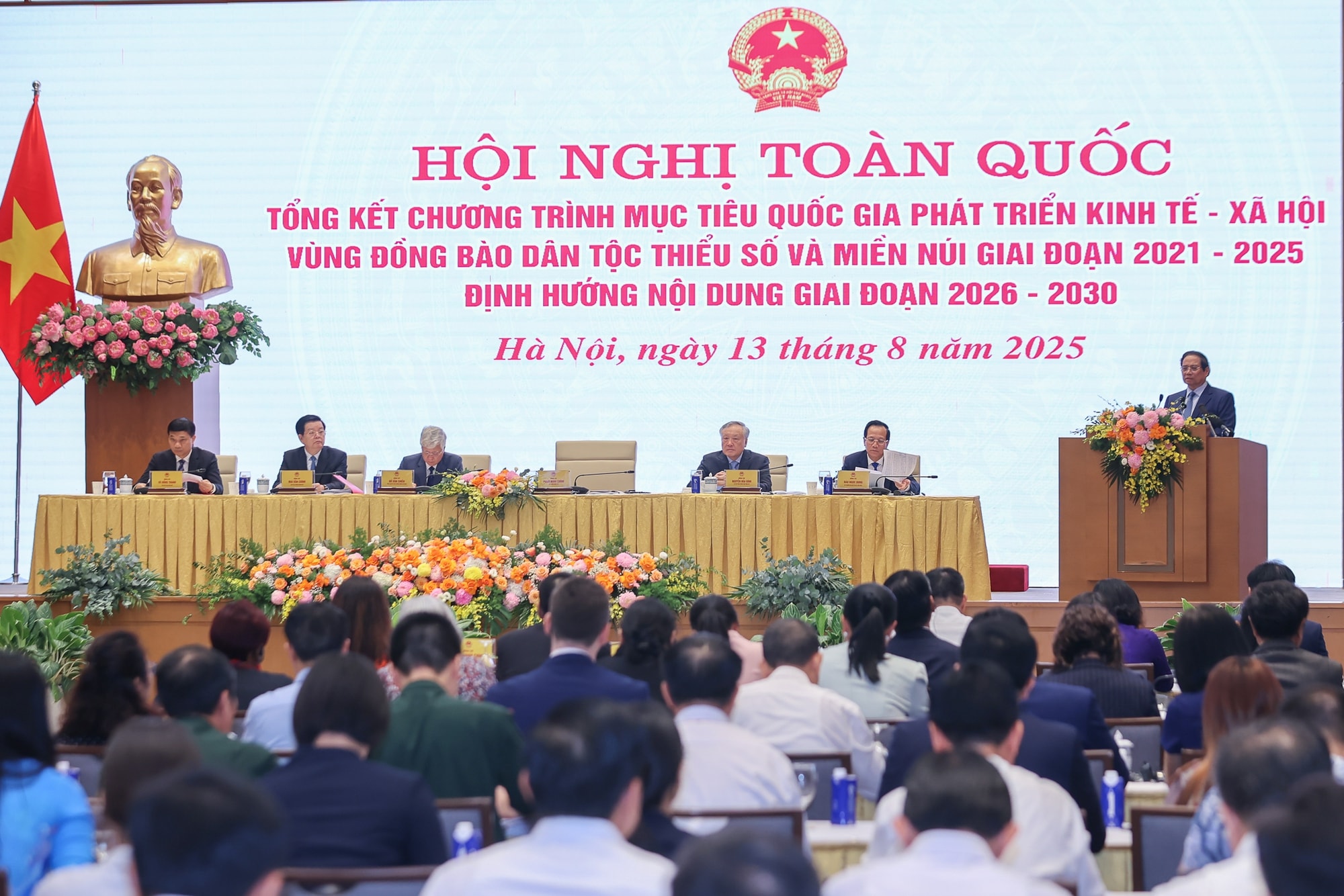
Co-chairing at the Government headquarters were comrades: Do Van Chien - Politburo member, Secretary of the Party Central Committee, Chairman of the Central Committee of the Vietnam Fatherland Front; Nguyen Hoa Binh - Politburo member, Permanent Deputy Prime Minister, Head of the Central Steering Committee for National Target Programs; Mai Van Chinh - Party Central Committee member, Deputy Prime Minister; Vu Hong Thanh - Party Central Committee member, Vice Chairman of the National Assembly.
At Nghe An province, comrade Le Hong Vinh - Deputy Secretary of the Provincial Party Committee, Chairman of the Provincial People's Committee chaired. Also attending were leaders of relevant departments and branches.
.jpg)
Recommendations for investment in overcoming the consequences of storm No. 3
From the Nghe An Provincial People's Committee bridge, Comrade Lo Thanh Nhat - Party Secretary, Chairman of the People's Council of Nga My commune reported to the Prime Minister and the entire conference the results of implementing this National Target Program in the area; associated with recommendations and proposals in the new period.
The new Nga My commune was established on the basis of merging Xieng My commune and Nga My commune (old). This is a particularly difficult mountainous commune in the former poor district of Tuong Duong, the commune center is about 170 km from the provincial administrative center.
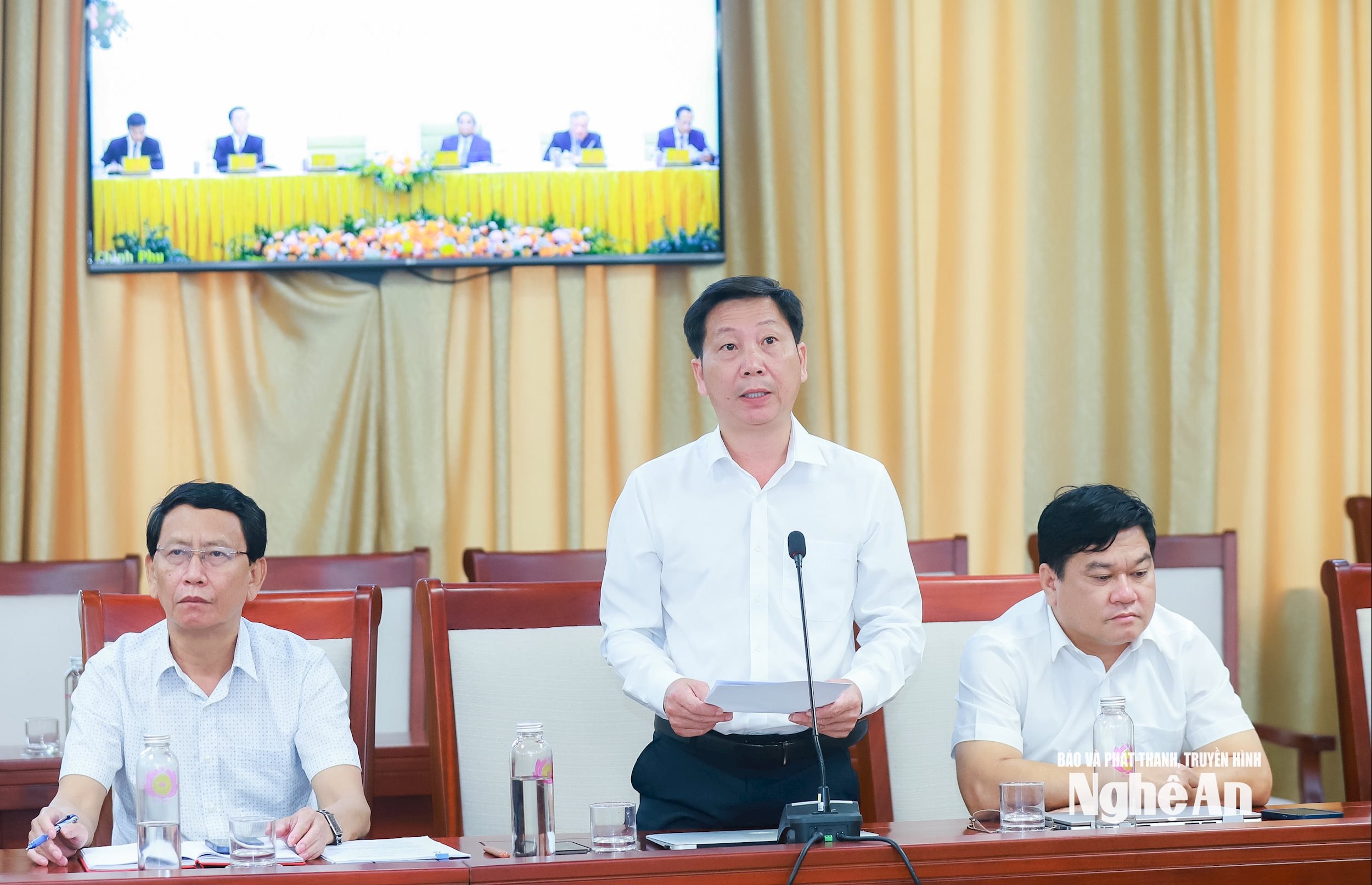
The commune covers a natural area of 303 km2; has 16 villages, including 4 ethnic groups: Thai, Kho Mu, O Du and Kinh with 1,894 households, population 8,467 people. The rate of poor households is 32%, near-poor 15%. Average income per capita is about 30 million VND/year.
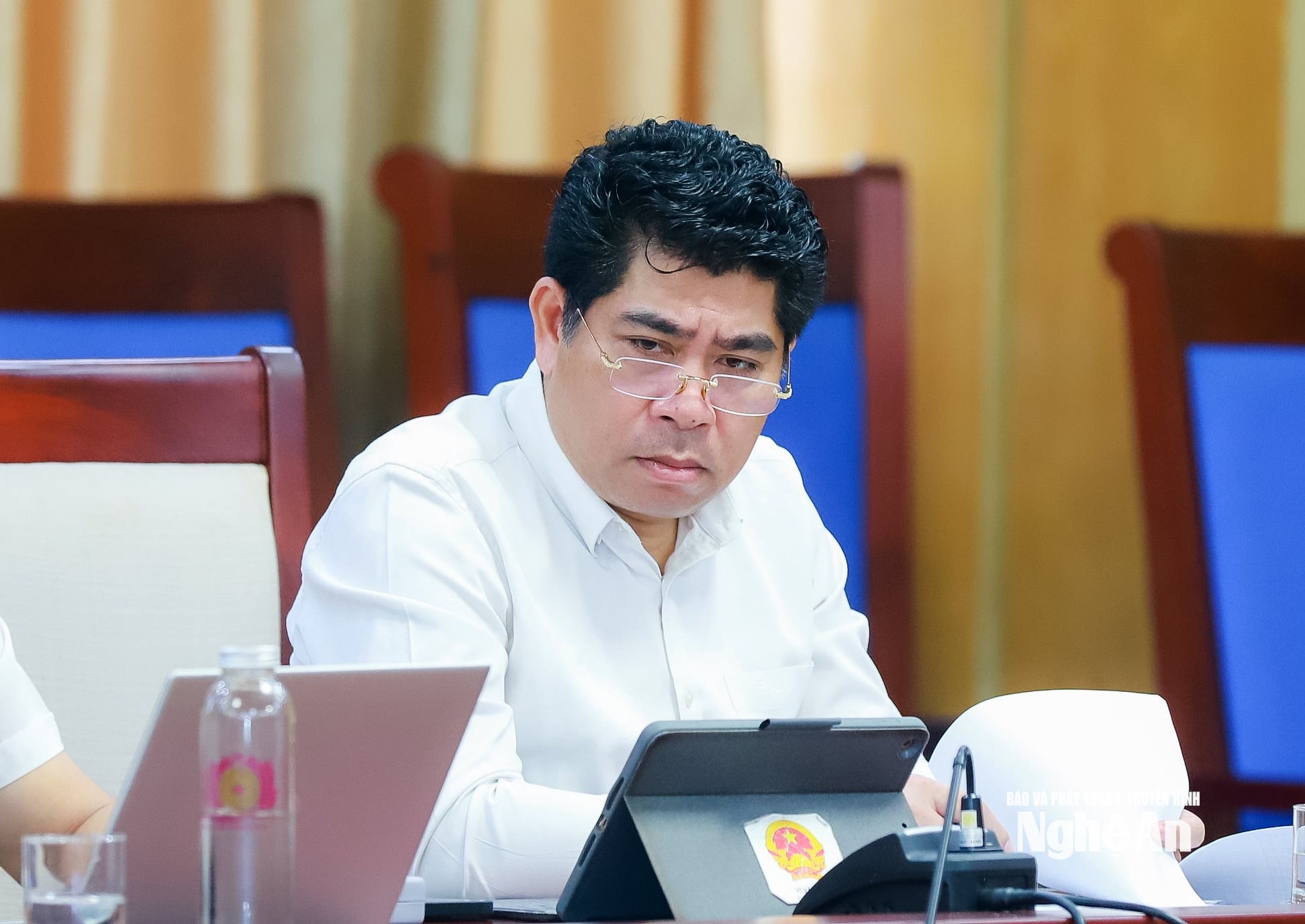
From the capital of more than 77 billion VND of the National Target Program for Socio-Economic Development of Ethnic Minority and Mountainous Areas, Nga My Commune was allocated to invest in developing essential infrastructure, supporting livelihoods, developing production; education, healthcare, culture; reducing poverty, improving people's lives. Thereby, the poverty rate decreased by an average of about 10%/year. Many households escaped poverty sustainably thanks to timely and appropriate support.
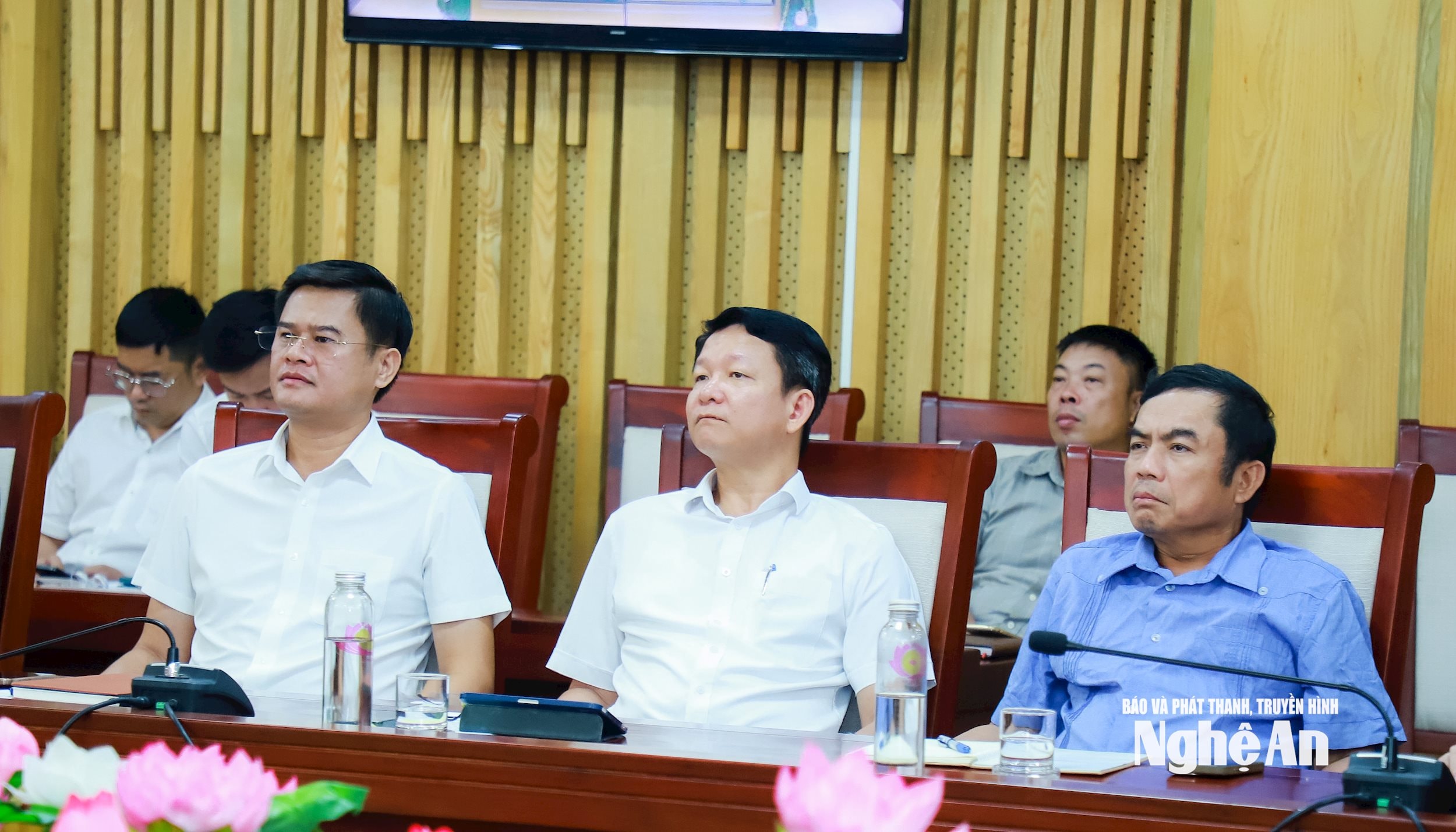
Party Secretary and Chairman of Nga My Commune People's Council Lo Thanh Nhat affirmed: The program is a major policy with profound humanitarian significance, contributing to changing the face of mountainous rural areas and improving people's lives. In particular, the greatest benefit is changing awareness, renewing thinking, and organizing production methods of mountainous rural people in an increasingly progressive and civilized direction.
To continue effectively implementing the Program in the 2026-2030 period, Comrade Lo Thanh Nhat proposed allowing non-merged communes to establish specialized departments and arrange enough civil servants by field; at the same time, continue to prioritize resources for particularly difficult areas such as Nga My commune, especially investing in connecting traffic, upgrading electricity, and 4G and 5G internet infrastructure.
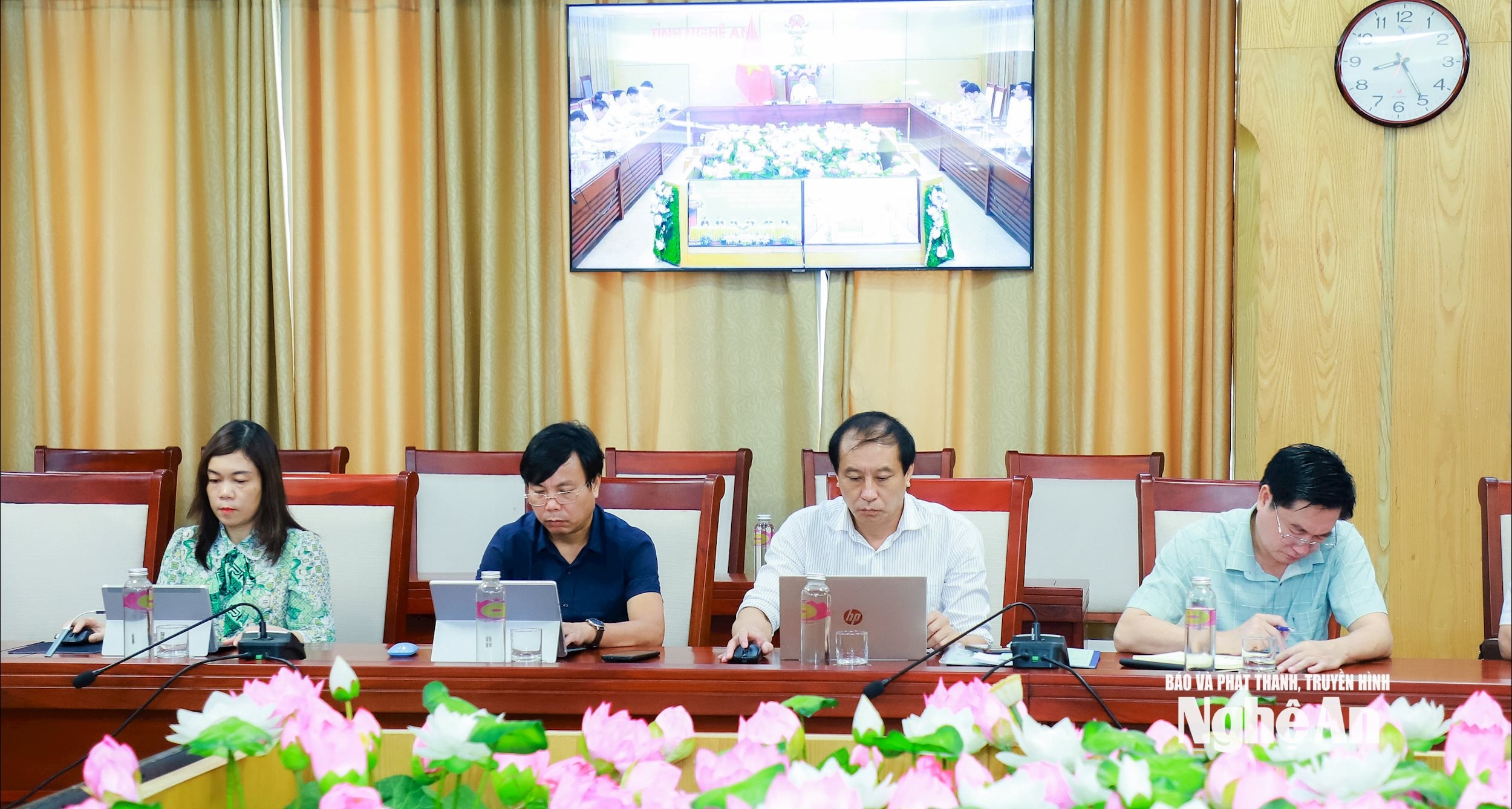
The program has helped change the mountainous areas of Nghe An, but natural disasters have forced many places to "start over", he suggested that it is necessary to continue supporting the restoration of essential infrastructure destroyed by natural disasters; at the same time, remove overlapping regulations, increase decentralization for communes to proactively plan and coordinate educational, medical and cultural projects; support livelihoods associated with medicinal herbs under forest canopy, raising native breeds, and community tourism; train grassroots officials, build monitoring mechanisms, and mobilize people to participate.
In Nghe An, the mountainous area accounts for about 83% of the province's total area, with 47 ethnic minorities living together, with a population of nearly 500,000 people. The Program has been implemented with remarkable results.
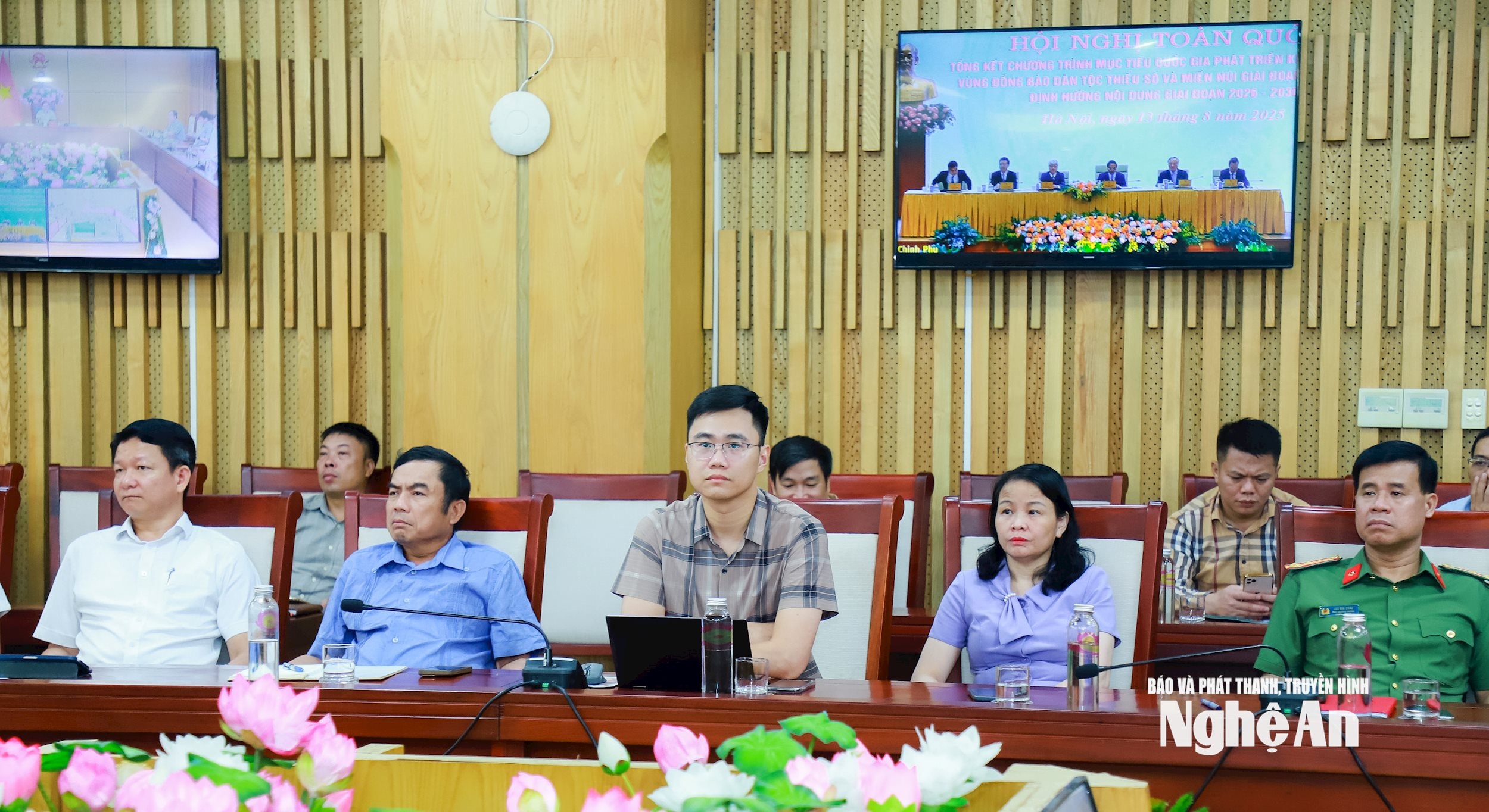
The central government's planned capital allocated to Nghe An province to implement the Program for the 2021-2025 period has been allocated to the province with more than VND 5,185 billion; of which, more than VND 2,748 billion has been disbursed.
The province has prioritized allocating capital from the above sources to invest in essential infrastructure directly serving the lives and production and paying attention to supporting sustainable livelihood development models for ethnic minorities and mountainous areas. The total number of projects that have been allocated capital is 726, to date, 410 projects have been completed.
Thereby, in ethnic minority areas, the average annual poverty reduction rate will reach over 3% and the average income by the end of 2024 will reach about 38.4 million VND/person/year, achieving the target.
Speak the truth, think the truth, do the truth and achieve the truth
Concluding the Conference, the Prime Minister acknowledged and highly appreciated the results achieved; at the same time, he drew some lessons and pointed out the shortcomings and limitations in the implementation of phase I of the program.
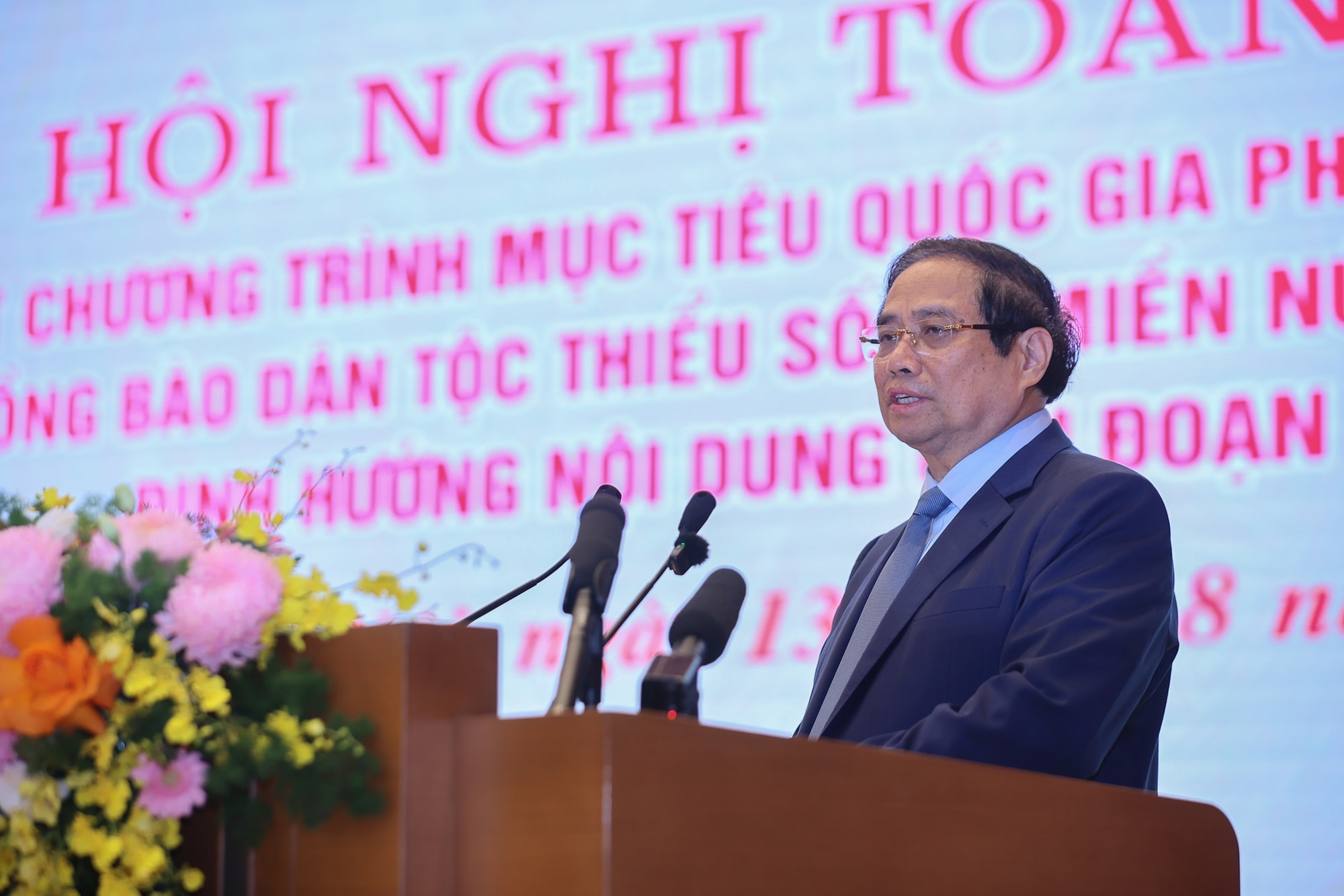
In the coming time, the Prime Minister emphasized that ethnic minority and mountainous areas still face many difficulties, both objective and subjective, especially objective factors.
The head of the Government requested to determine more positive general goals, concretize the Party's guidelines, policies and laws of the State; thoroughly implement the direction of the Politburo, the Secretariat, and General Secretary To Lam, in order to continuously improve the material and spiritual life of the people.
“The spirit of next year must be higher than the previous year, the next term must be higher than the previous term,” the Prime Minister clearly stated the requirements for results; at the same time, affirmed the goal of the program is to create a movement and trend for people to be self-reliant, self-reliant, escape poverty, and get rich from their own hands, minds, land, sky, and sea.
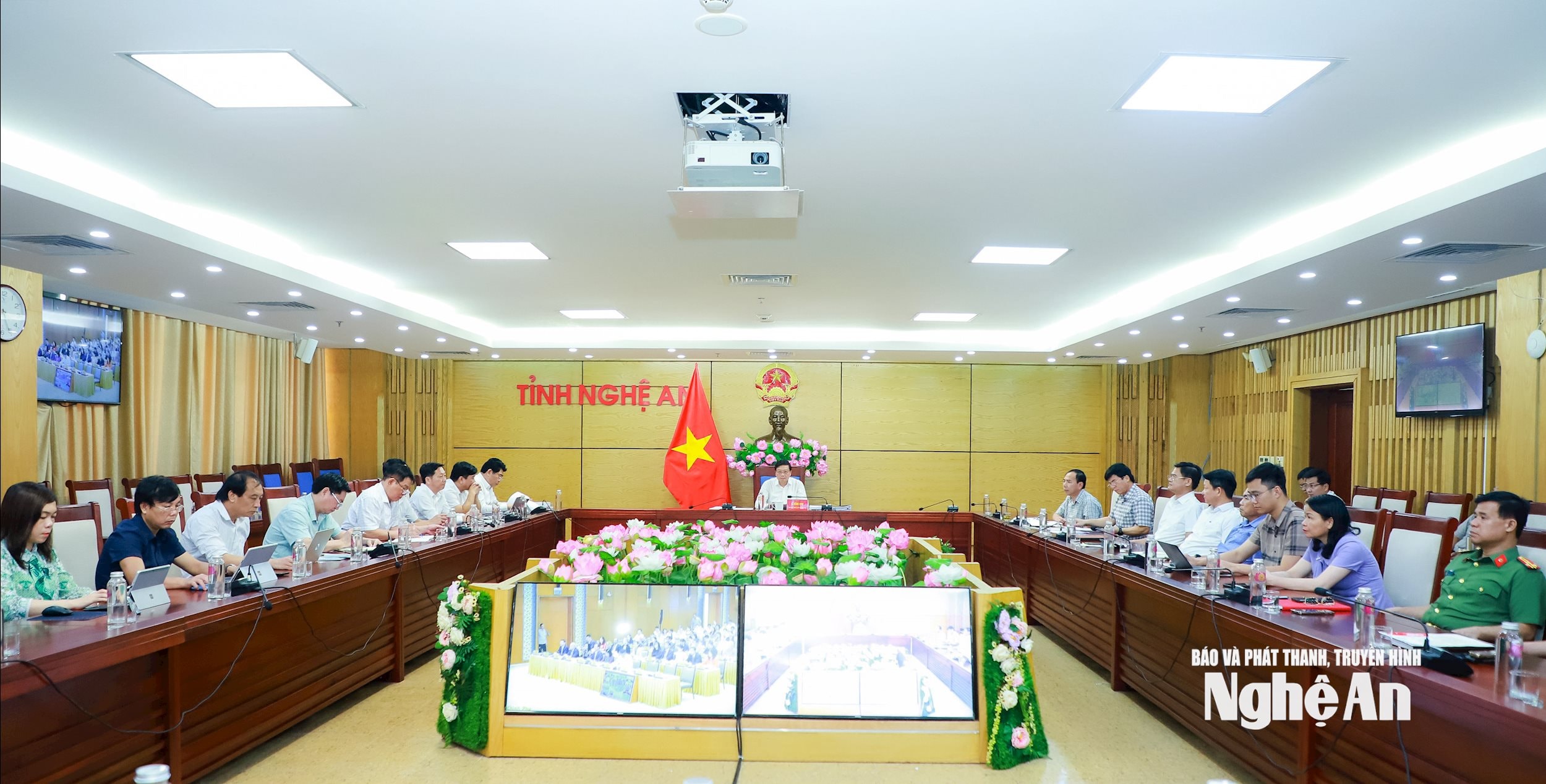
With the spirit of “leaving no one behind”, the Prime Minister requested setting practical, specific, feasible goals that are easy to check, monitor, implement and evaluate; ensuring people have equal access to education, health care, culture and the country’s resources; creating more jobs and livelihoods to escape poverty and become rich.
On that basis, Prime Minister Pham Minh Chinh emphasized 10 groups of tasks and solutions to more effectively implement the Program in the 2026 - 2030 period. In particular, it is necessary to continue raising awareness that investing in ethnic minority and mountainous areas is investing in development.
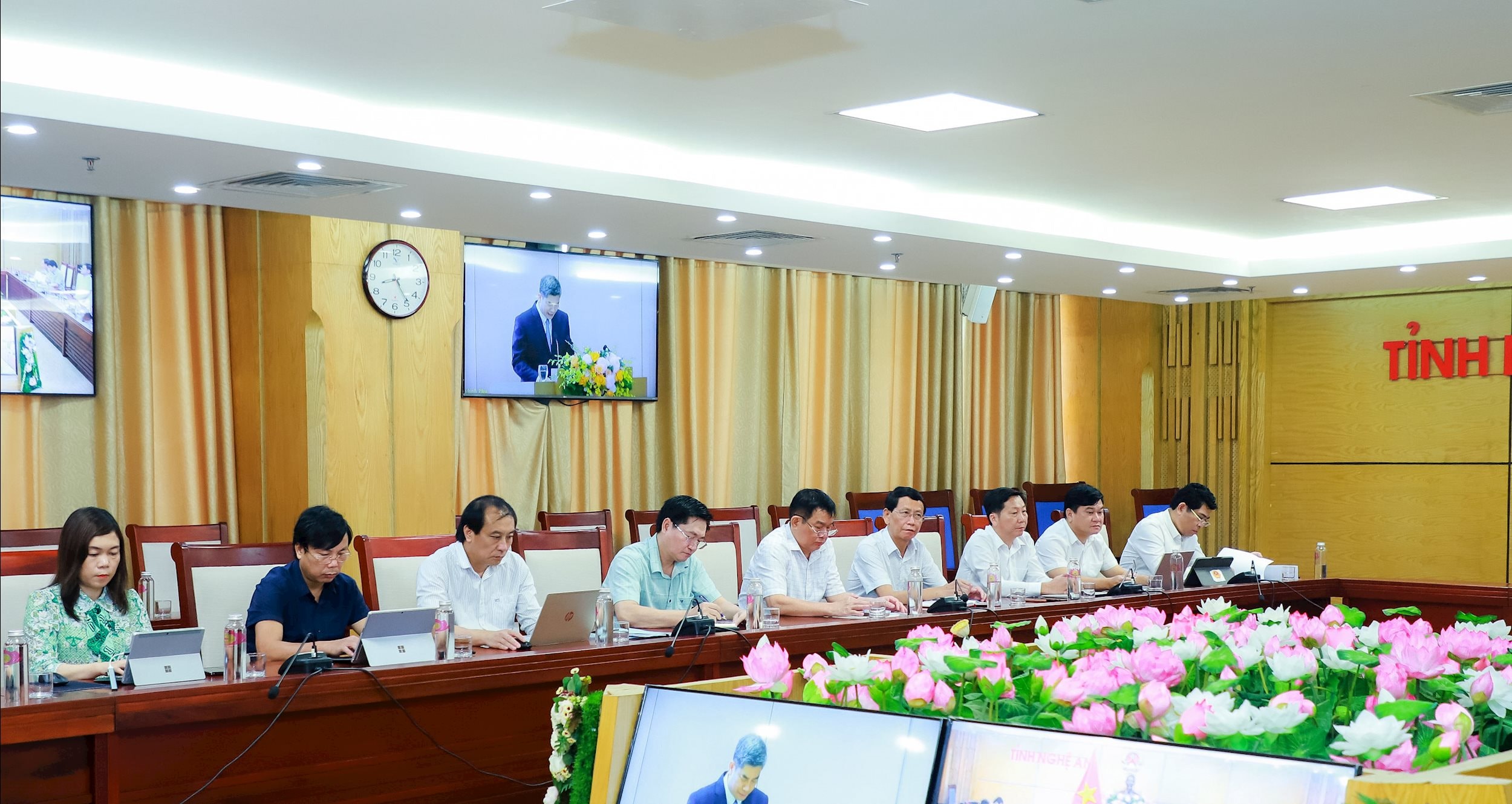
Emphasizing that this is not only a noble responsibility and duty, but also comes from the heart, compatriotism, sharing and profound humanity, the Prime Minister requested that it be done with all one's heart: Speak the truth, think the truth, do the truth and achieve real results.
He requested to continue perfecting institutions, mechanisms and policies in line with the Party's guidelines and the State's laws; ensuring synchronous implementation from Party committees, authorities, the Fatherland Front to socio-political organizations, with the highest determination, greatest efforts and most drastic actions. The program needs to be maintained independently, linked to the goal of sustainable poverty reduction but must ensure equality, with special attention to vulnerable ethnic groups.
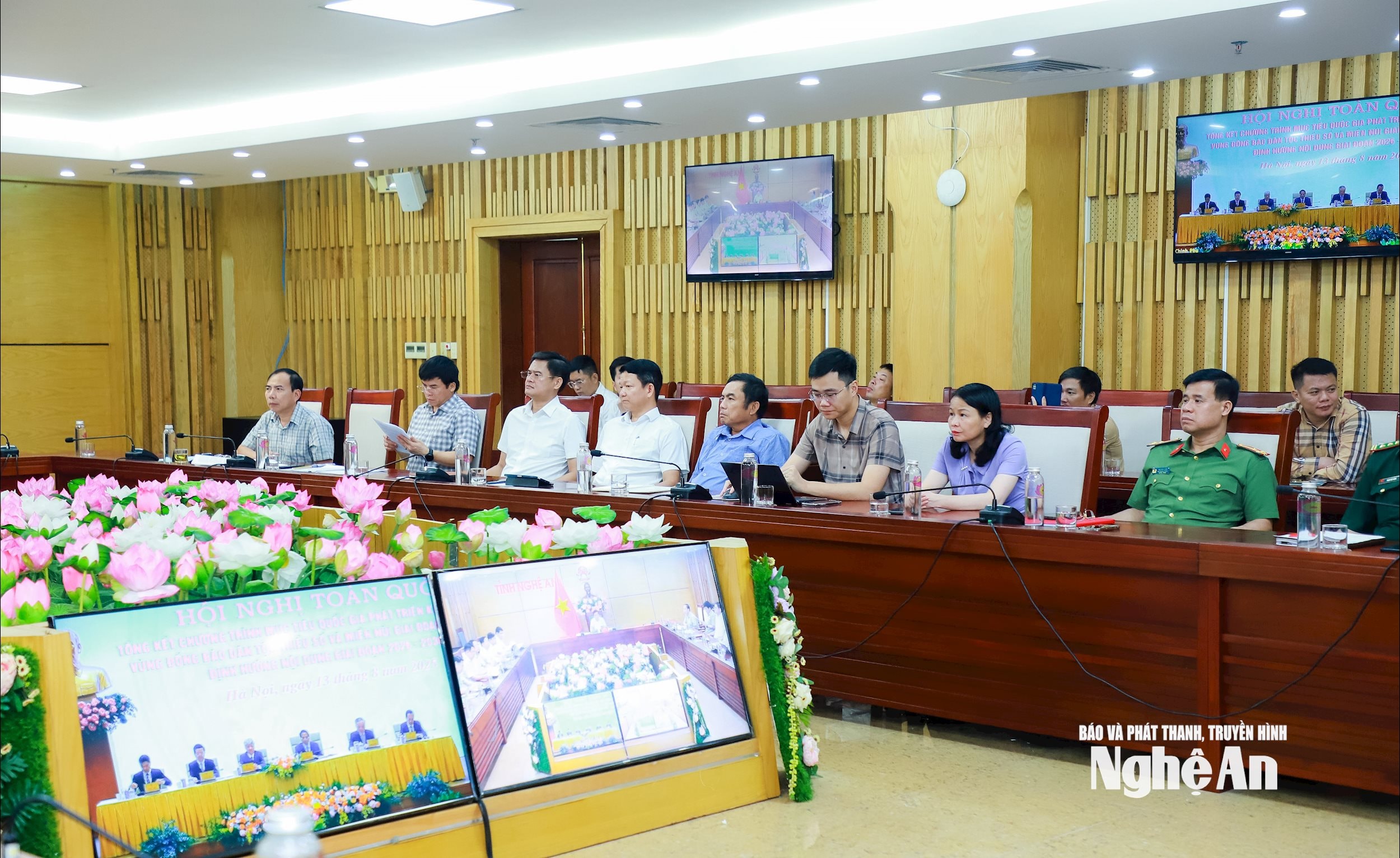
The Prime Minister also requested to balance and allocate resources reasonably, prioritizing the Program in the next 5 years to increase by about 10-15% compared to the 2021-2025 period; implementing in the spirit of "local decision, local action, local responsibility". The Central Government takes on the role of inspection, supervision and resource allocation.
Priority resources focus on creating livelihoods and jobs; developing healthcare, especially primary and preventive healthcare; education, especially investing in building primary and secondary boarding schools in 248 border communes.
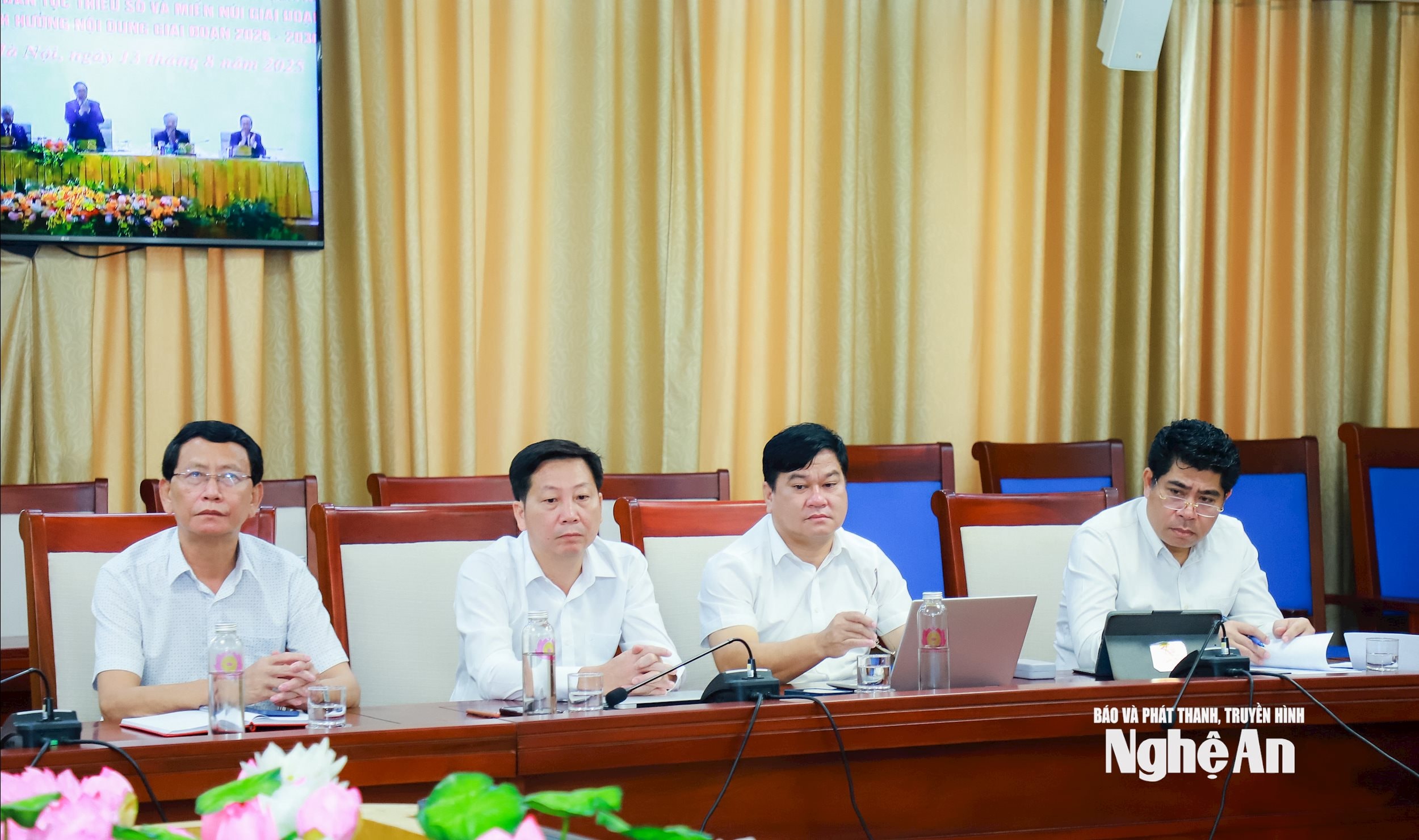
At the same time, resources will be allocated to develop transport, telecommunications, electricity and water infrastructure to ensure the sustainability of the program; and human resource development will be focused, especially medical staff, doctors and teachers. The goal is to ensure people have equal access to health care, education and culture.
The Prime Minister requested mechanisms and policies to promote community connections, form cooperatives, and links between cooperatives to develop businesses; build investment projects to prevent and combat climate change in ethnic minority and mountainous areas. At the same time, design measurement tools to monitor and evaluate the implementation of the program in the coming period.


